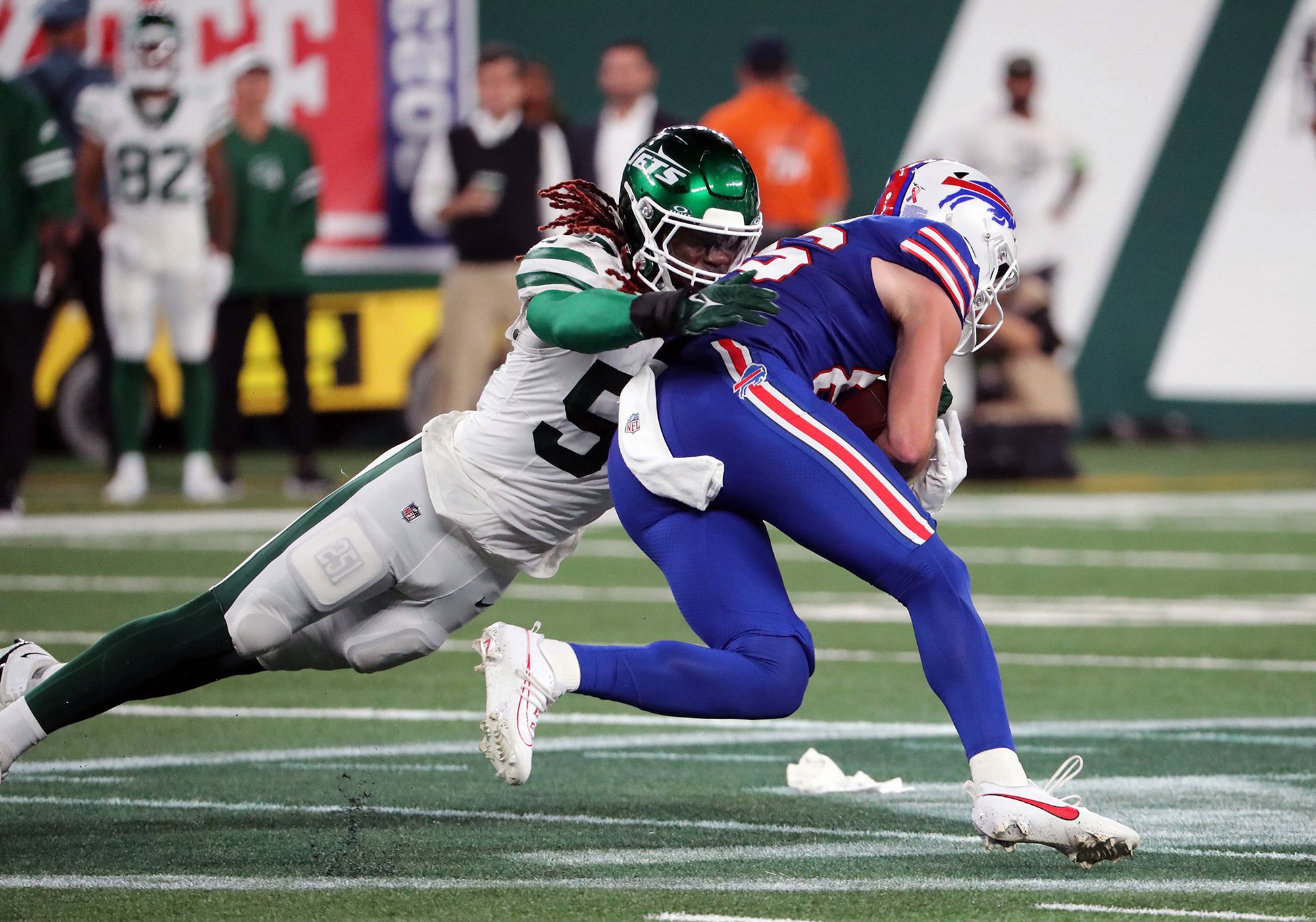Monday Night Football (MNF) is more than just a game; it is a cultural phenomenon that has captivated American audiences for decades. Since its inception in 1970, MNF has been a staple of the NFL season, bringing the thrill of professional football to millions of viewers. This article delves into the history, significance, and enduring appeal of Monday Night Football, showcasing why it remains a must-watch event.

The Genesis of Monday Night Football
Monday Night Football was conceived by NFL Commissioner Pete Rozelle as a way to expand the league’s television audience. It debuted on September 21, 1970, with a game between the New York Jets and the Cleveland Browns. The broadcast was a groundbreaking endeavor, airing during prime time and introducing a new level of spectacle to sports programming.
The Original Broadcast Team
The original broadcast team included Keith Jackson, Don Meredith, and Howard Cosell. Cosell, with his distinctive voice and outspoken commentary, quickly became a central figure in MNF’s success. His unique style, combined with the on-field action, helped establish MNF as a premier sports broadcast.
The Evolution of MNF
Over the years, Monday Night Football has evolved significantly. The broadcast has seen numerous changes in its commentary team, production quality, and broadcasting network. These changes have helped MNF maintain its relevance and popularity in an ever-changing media landscape.
Broadcasting Shifts
Originally aired on ABC, Monday Night Football moved to ESPN in 2006. This transition marked a new era for MNF, with ESPN bringing its expertise in sports broadcasting and extensive coverage. The move also introduced high-definition broadcasts, enhancing the viewing experience for fans.
Notable Commentators
Many notable commentators have graced the MNF booth, including Al Michaels, Frank Gifford, and John Madden. Each brought their unique flair to the broadcast, contributing to the rich history and legacy of MNF. Their insights, combined with the game’s action, have kept audiences engaged year after year.
The Spectacle of Primetime Football
Monday Night Football is more than just a game; it’s an event. The primetime slot allows for elaborate pre-game shows, halftime performances, and special features that add to the spectacle. This production quality helps set MNF apart from other football broadcasts.
Pre-Game and Halftime Shows
The pre-game and halftime shows are integral parts of the MNF experience. These segments feature expert analysis, player interviews, and entertainment performances, creating a comprehensive viewing experience. Notable performances, such as those by renowned musicians, add an extra layer of excitement to the evening.
Technological Advancements
MNF has consistently been at the forefront of incorporating technological advancements into its broadcasts. From instant replays and Skycam views to augmented reality graphics, MNF leverages cutting-edge technology to enhance viewer engagement and provide in-depth analysis.
Memorable Moments in MNF History
Monday Night Football has delivered countless memorable moments that have become ingrained in NFL lore. These moments highlight the drama, excitement, and unpredictability that make football such a beloved sport.
The Miracle at the Meadowlands
One of the most iconic moments in MNF history occurred on November 19, 1978, during a game between the New York Giants and the Philadelphia Eagles. Known as the “Miracle at the Meadowlands,” Eagles’ Herman Edwards returned a fumble for a touchdown in the final seconds, securing an improbable victory. This play remains one of the most unforgettable in NFL history.
Brett Favre’s Emotional Game
On December 22, 2003, Brett Favre delivered an unforgettable performance just one day after his father’s death. Favre threw for 399 yards and four touchdowns, leading the Green Bay Packers to a decisive victory over the Oakland Raiders. His emotional resilience and stellar play captivated the nation, making it one of the most poignant moments in MNF history.
The Impact of MNF on American Culture
Monday Night Football has left an indelible mark on American culture. It has become a weekly tradition for many, bringing friends and families together to enjoy the game. MNF’s influence extends beyond sports, impacting television programming, advertising, and popular culture.
A National Tradition
For many Americans, Monday nights are synonymous with football. MNF has become a ritual, providing a much-needed escape and source of entertainment at the start of the workweek. Its consistent presence in the lives of fans has cemented its status as a cultural touchstone.
Advertising and Sponsorship
MNF’s primetime slot makes it a coveted platform for advertisers. Brands invest heavily in commercials during the broadcast, knowing they can reach a vast and engaged audience. This advertising power has contributed significantly to the financial success of MNF and the NFL as a whole.
Conclusion
Monday Night Football remains a cornerstone of American sports culture. Its rich history, innovative broadcasts, and memorable moments have made it a beloved tradition for generations of football fans. As MNF continues to evolve, it promises to deliver the same excitement, drama, and entertainment that have made it an enduring primetime spectacle. Whether you are a die-hard fan or a casual viewer, Monday Night Football offers something for everyone, making it a quintessential part of the NFL season.